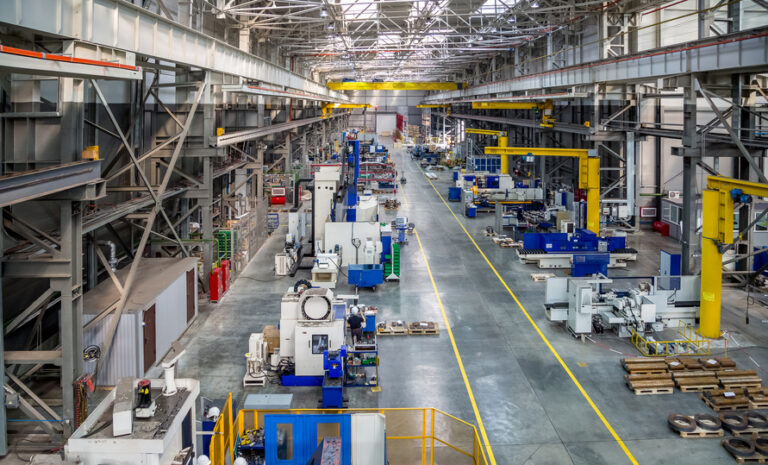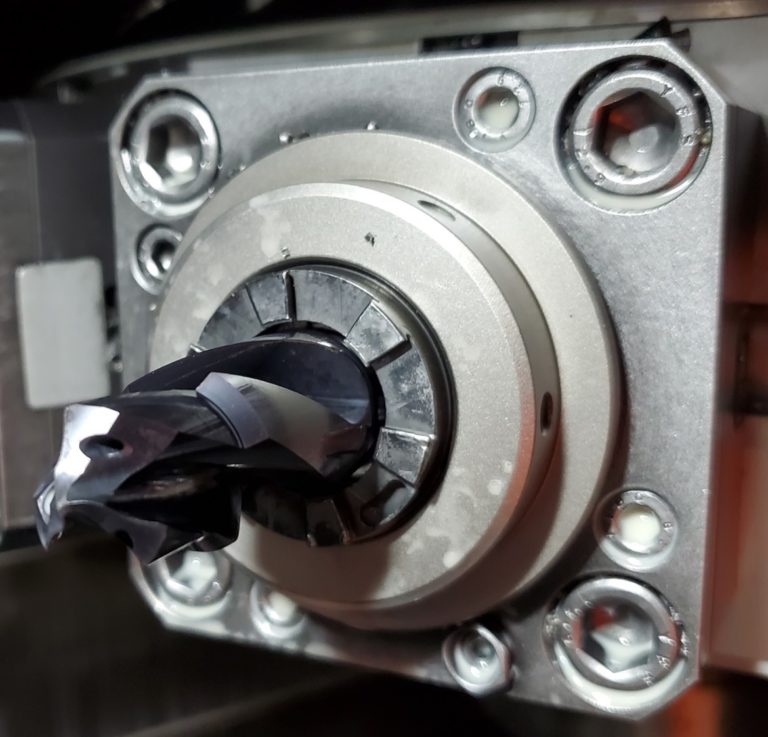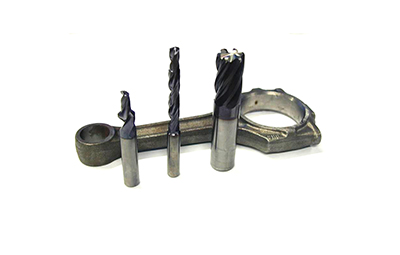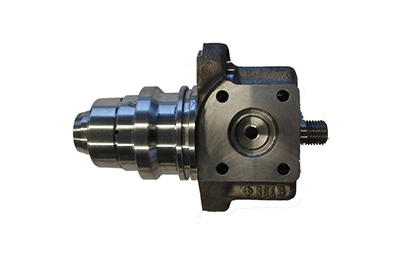So you want to become an excellent manufacturing engineer? This competitive field requires certain key characteristics to stand out from the crowd. As manufacturing processes become increasingly complex, employers seek candidates with specialized skills. Understanding these desired traits can help you position yourself as an ideal candidate.
Technical Knowledge
Having strong technical knowledge across multiple domains is essential. You’ll need an in-depth understanding of materials science, mechanics, thermodynamics, and more. Familiarity with analytical tools like CAD software and simulation programs is a must. Expertise operating CNC machines, such as lathes and micro drills, gives you hands-on experience. Overall, the wider your technical competencies, the better.
Hands-On Experience
One of the best ways to prepare for a manufacturing engineering role is to get hands-on experience with industry-standard equipment. Look for internships or part-time roles that allow you to gain proficiency in operating computer numerical control (CNC) machines like lathes, mills, laser cutters, and micro drill presses. These precision tools rely on coded instructions to cut, shape, and join materials for production. With proper training, you’ll understand how adjustable settings like drill speed, depth, and diameter on a micro drill impact manufacturing processes.
Problem-Solving Ability
Excellent manufacturing engineers have superior troubleshooting and problem-solving talents. As processes grow more advanced, challenges inevitably arise. Whether it’s debugging computer-controlled equipment, improving production efficiency, or optimizing designs, you must spot issues and derive solutions. Strong quantitative analysis and critical thinking skills are vital. The best candidates can think creatively to tackle problems from multiple angles.
Communication Skills
Despite technical expertise, engineers must clearly convey complex information to diverse audiences. You’ll interface with machine operators, designers, executives, and more. Having exceptional communication, presentation, and interpersonal abilities to explain your work, offer guidance, and justify decisions is key. Active listening and emotional intelligence also help collaborate effectively across teams.
Business Acumen
While technical skills are crucial, understanding business objectives is equally important. Engineers must apply their expertise to meet organizational goals, like reducing costs or improving quality. Familiarity with budgeting, resource allocation, compliance demands, and customer needs allows you to make decisions that ultimately impact the company’s bottom line.
According to a 2018 Deloitte report, because they cannot find qualified applicants, 89% of U.S. manufacturers report leaving jobs unfilled. With the right blend of technical, problem-solving, and business skills, you can fill this talent gap. As processes require more automation and precision, opportunities for talented manufacturing engineers continue growing. Reach out to us today if you want to learn more about the tools used in this industry, including reaming tools, micro drills, or tooling products.




